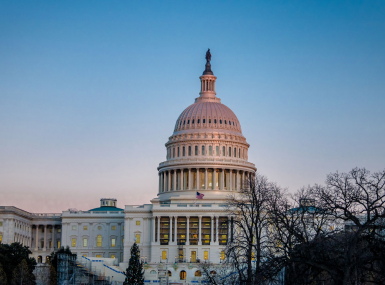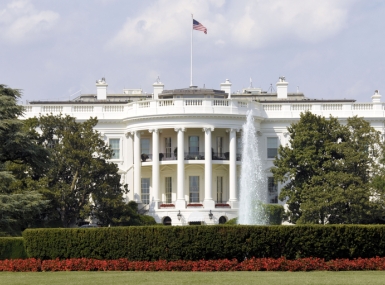State, local governments win pay case

In a significant victory for state and local government employers, the U.S. Supreme Court unanimously held in Integrity Staffing Solutions v. Busk that the Fair Labor Standards Act (FLSA) does not require hourly employees to be paid for the time they spend waiting to undergo and undergoing security screenings.
State and local government employees who work in courthouses, correctional institutions and warehouses routinely go through security screening at the beginning and end of the workday.
Jesse Busk and Laurie Castro worked at warehouses filling Amazon.com orders. They claimed they should have been paid for the time they spent waiting and going through security screenings to prevent theft at the end of each shift.
Under the FLSA, employers only have to pay "non-exempt" employees for activities that are "integral and indispensable" to a principal activity. According to the court, an activity is "integral and indispensable" to a principal activity "if it is an intrinsic element of those activities and one with which the employee cannot dispense if he is to perform his principal activities."
The court concluded that security screenings were not intrinsic to retrieving and packing products and that Integrity Staffing Solutions could have eliminated the screenings altogether without impairing employees' ability to complete their work.
The State and Local Center (SLLC) amicus brief made similar arguments to those the court adopted.
James Ho, Ashley Johnson and Andrew LeGrand, of Gibson, Dunn & Crutcher, Dallas, Texas, wrote the SLLC's brief which was joined by NACo, the National League of Cities, the International City-County Management Association, the U.S. Conference of Mayors, the International Municipal Lawyers Association, the Government Finance Officers Association, the National Public Employer Labor Relations Association and the International Public Management Association for Human Resources.
In other Supreme Court news: The court ruled in Heien v. North Carolina, that a reasonable mistake about the law can provide reasonable suspicion to uphold a traffic stop under the Fourth Amendment. At issue was a Fourth Amendment challenge to a traffic stop for a mistaken infraction of a law regarding brake lights.
A police officer had pulled over a car that had only one working brake light because he believed that North Carolina law required both brake lights to work. The North Carolina Court of Appeals, interpreting a statute more than 50 years old, concluded only one working brake light is required.
When the vehicle's occupants behaved suspiciously, the officer asked to search the car. They consented, and the officer found cocaine. The owner of the car argued that the stop violated the Fourth Amendment because driving with one working brake light doesn't violate North Carolina law.
The court concluded that the officer's mistaken understanding of North Carolina law in this case was objectively reasonable. As Justice Elena Kagan pointed out in her concurring opinion, the officer's mistaken interpretation "had much to recommend it."
Attachments
Related News

Congress reauthorizes Economic Development Administration for first time in 20 years
The agreement reauthorizes the Economic Development Administration (EDA) for the first time in 20 years.


